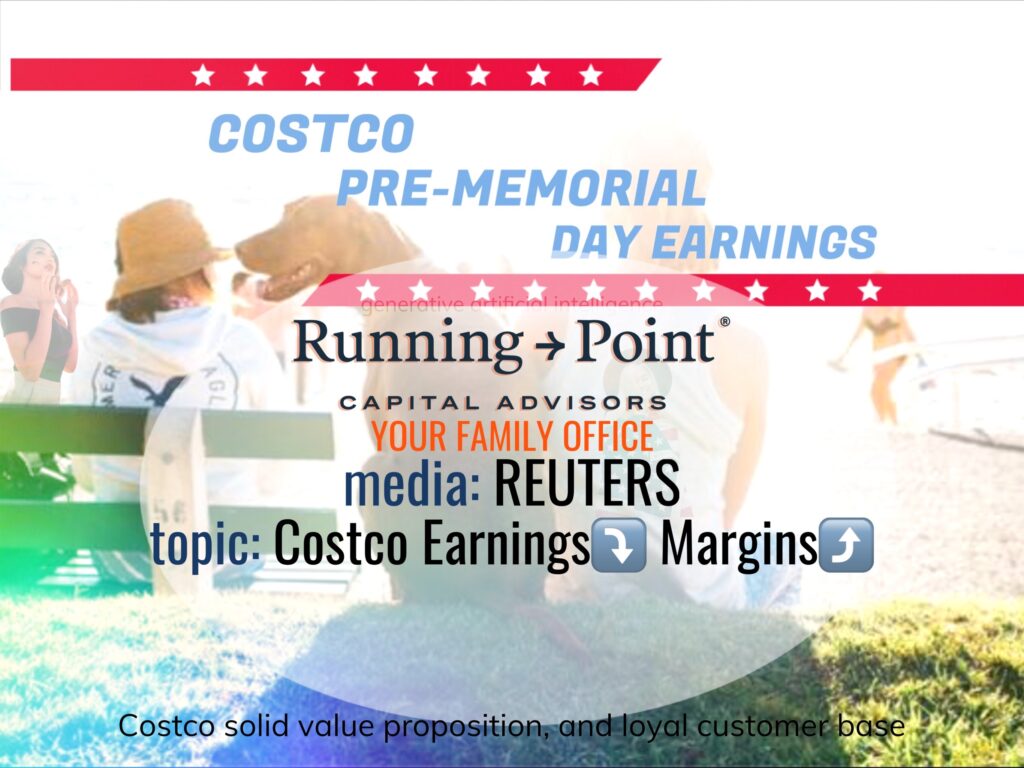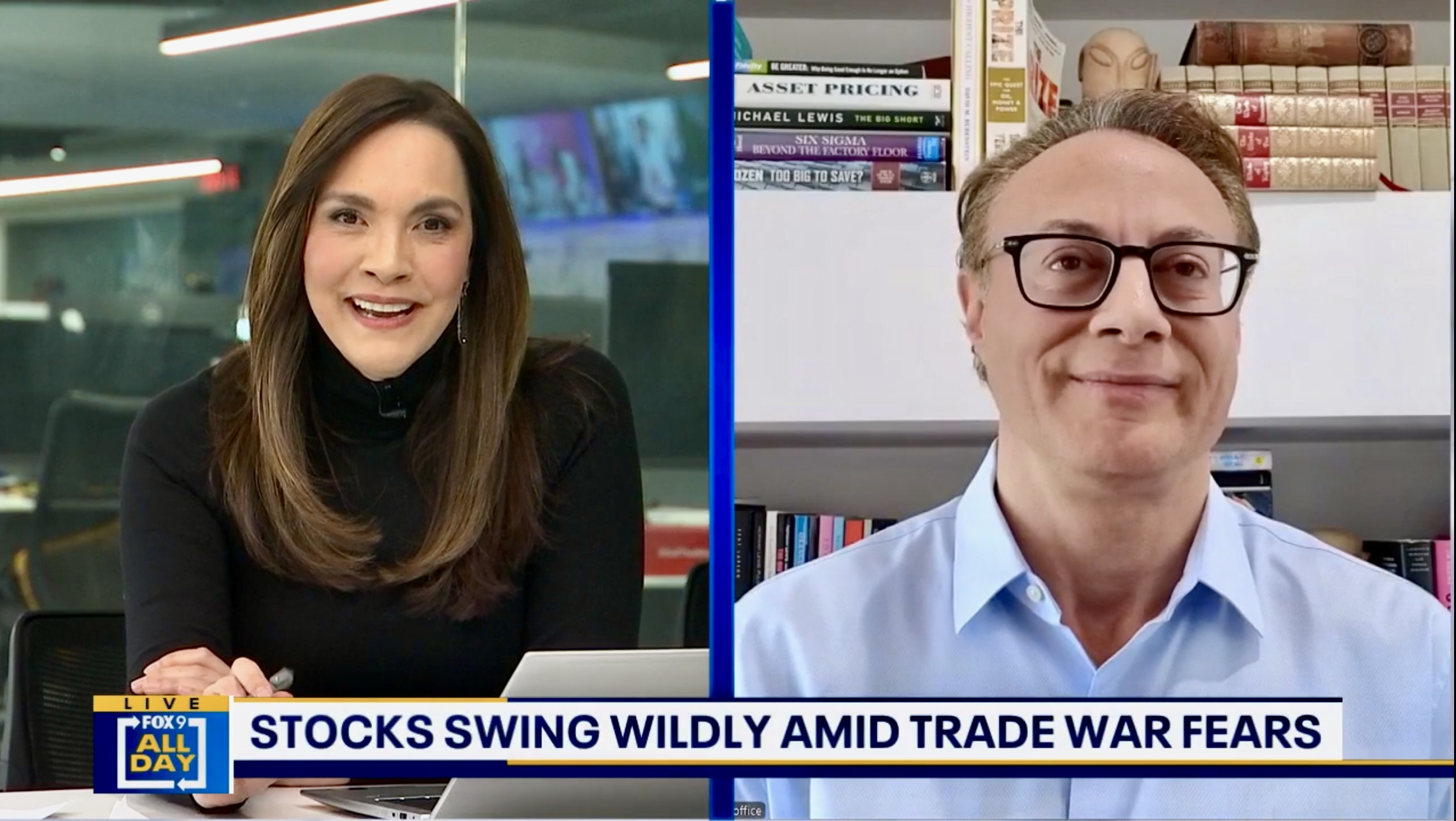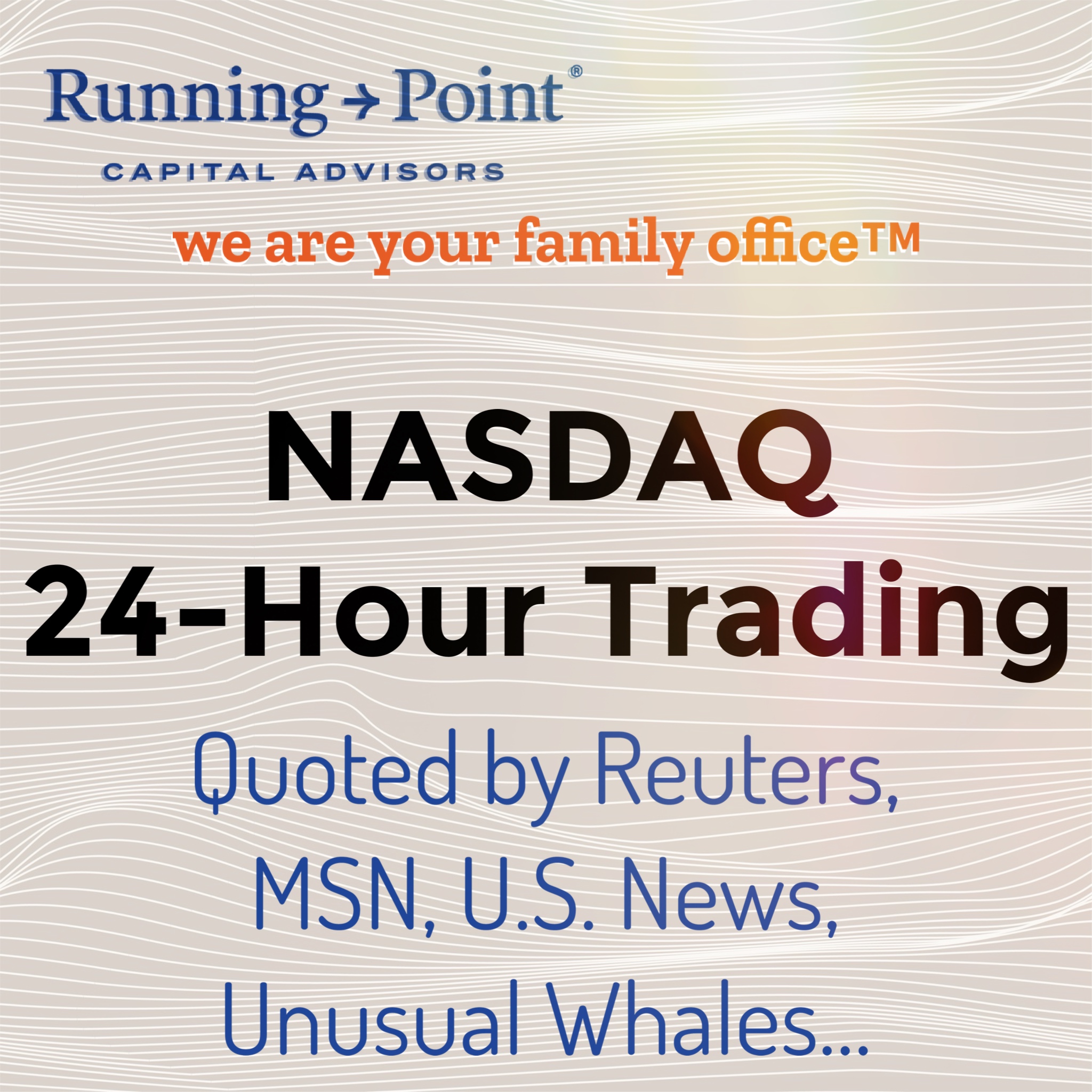Costco’s solid value proposition and loyal customer base
Running Point and its chief investment officer, Michael Ashley Schulman, CFA, were quoted by Reuters in an article — by Granth Vanaik, “Costco earnings miss estimates as shoppers curb discretionary spending” — regarding Costco’s just released fiscal third quarter revenues and earnings.
The article was also picked up by European Supermarket Magazine, U.S. News & World Report, Statementdog (Taiwan), Yahoo!, StreetInsider, SaltWire (Canada), MSN, and Market Index (Australia), amongst others.
Earnings don’t tell the whole story
Costco reported its fiscal third-quarter results after the bell today, but since the warehouse retailer still reports monthly comparable sales, analyst and investor focus will also be on management commentary regarding trends thus far in May. Analysts expected the company to post quarterly earnings of $3.29 per share, up from year-ago earnings of $3.04 per share, and revenue at $54.57 billion, but revenues disappointed at only $53.65 billion and earnings of $2.93 were below last year’s quarter.
The viral social media buzz that Costco achieved earlier this year with the introduction of a $19.99 5-pound peanut-butter chocolate pie and a four-pound lemon meringue cheesecake was not nearly enough to thwart anxiety ridden consumer spending on general merchandise. Costco missed top-line revenue expectations by nearly a billion dollars and earnings severely disappointed by 11%. Same-store sales rose a meager 0.3% in the quarter, much worse than the 2.8% increase that was expected.
Inflation’s lagged effects have caused a decline in the overall volume of consumer spending on general merchandise. This is evident from observed changes in spending habits, a rise in credit usage to make ends meet, and surveys indicating increased job anxiety across various income groups.
Its about loyal consumer discretionary spending and value
Similar to other major retailers such as Target and Walmart, Costco has highlighted the impact of weakened consumer discretionary spending on general merchandise as well as a consumer bifurcation between those anxiously focused on groceries and essentials and those diverting spend to services, travel, and entertainment.
Nonetheless, high membership renewal rates from loyal customers, growth in private-label products, and club-store expansion help position Costco for further market share gains—they seem to be well situated in this choppy market environment and their consumer appeal may be even greater during difficult economic times given the company’s solid value proposition.
Outlook
Big picture, Costco has been a terrific stock with enviable performance over the last one, five, and ten years. Membership renewal rates were solid in 2022 as was the proportion of higher-tier Executive members who shop more frequently and spend more than regular members. The market was expecting discussion of a membership fee hike since the last hike was in June of 2017 and management tends to raise membership rates every 5 to 6 years, but chances are the company will hold off on rocking the boat.
Over the rest of 2023, Costco’s risks stem from further consumer belt-tightening, rising product costs and competitive pricing that erode margins, SG&A leverage, any decrease in membership growth, and any deterioration in California where the company has 23% of its U.S. stores.
Quoted article excerpt is below:
“Costco’s solid value proposition and loyal customer base were not enough to capitalize on economic fears, even with their well-priced mix of name brands and in-house Kirkland labeled products,” said Michael Ashley Schulman, chief investment officer at Running Point Capital Advisors.

I was reading all these reports that were down on retail brick-and-mortar, saying it’s all about online…I think brick-and-mortar is an amazing opportunity to use our stores and our store staff as a vehicle to truly engage with the community in a way no other retailers are doing.
Jim Brett, President, West Elm
Disclosure: The opinions expressed are those of Running Point Capital Advisors, LLC (Running Point) and are subject to change without notice. The opinions referenced are as of the date of publication, may be modified due to changes in the market or economic conditions, and may not necessarily come to pass. Past performance is not indicative of future results. Forward-looking statements cannot be guaranteed. Running Point is an investment adviser registered with the U.S. Securities and Exchange Commission. Registration does not imply a certain level of skill or training. More information about Running Point’s investment advisory services and fees can be found in its Form ADV Part 2, which is available upon request. RP-23-54


